Around 33% of women encounter hair loss, a condition known as alopecia, at some point in their journey. The number rises significantly after menopause, with up to 66% experiencing hair thinning or even bald spots. The condition of thinning hair can stem from various reasons, and the treatment approach often depends on the specific cause. If you experience hair loss, keep reading to learn more about this issue and how you can treat it with natural and medicated solutions.First, we will start with a brief overview about the causes of this hair condition. Then, we will discuss the most effective treatments for hair loss in women. Scroll down!
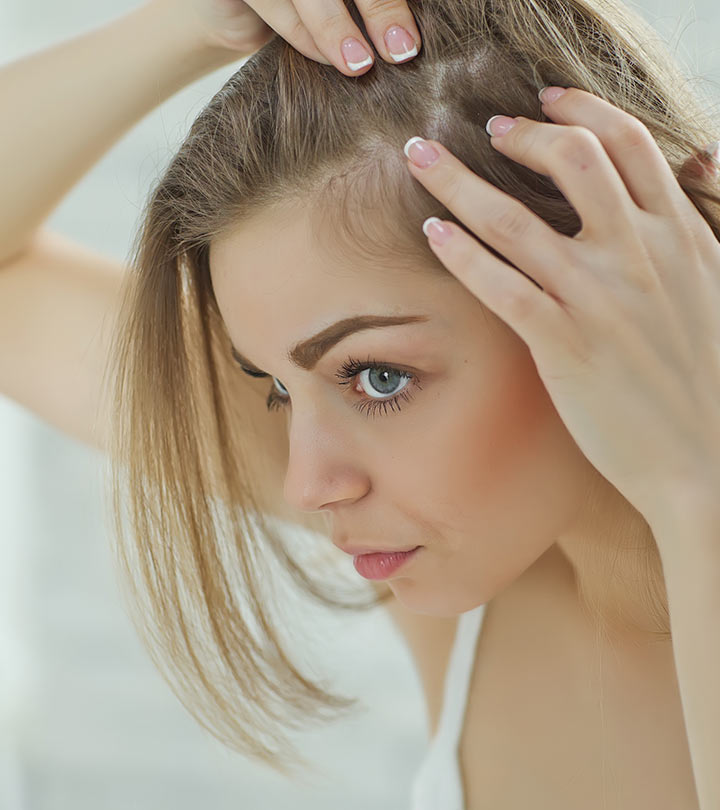
CAUSES
Female pattern hair loss is characterized by a gradual thinning of hair. It affects a significant proportion of women across their lifespan. However, its onset and progression can vary greatly. Emerging any time after puberty, it tends to become more noticeable around menopause due to hormonal shifts. Age itself also bears an influence, with the risk of experiencing hair loss rising steadily. Additionally, those with a family history of hair loss on either side are statistically more likely to be affected. This phenomenon is called androgenetic alopecia. It involves androgen hormones interacting with hair follicles. This interaction leads to a gradual decline in hair growth. Genetic predisposition plays a role. However, the precise mechanisms influencing its development are an ongoing area of research.
Hair loss in women can result from various factors. These factors include nutritional deficiencies, hormonal changes, and postpartum shifts. Examples of hormonal changes include those in premenopausal syndrome. Scalp conditions, stress, medical treatments, improper hair care, aging, and hormonal imbalances also contribute. The use of chemicals and heat for styling can also damage hair follicles. Identifying the specific cause is crucial for determining the appropriate treatment approach. This helps address hair loss in women.
SIGNS OF EXCESSIVE HAIR LOSS IN WOMEN
Hair loss is not life-threatening. However, it can impact one’s appearance and lower their quality of life. Below are signs indicating excessive hair loss in women:
- Oticing increased daily hair shedding on the comb, floor, pillow, or in the washbasin.
- Observing thinner patches of hair, with the hairline on the crown widening.
- Experiencing hair thinning to the point of exposing the scalp.
- Decreased volume in the ponytail.
- Encountering hair breakage and loss.
- Experience sudden and dramatic hair loss within a short period,
Avoid relying on self-diagnosis. Consult a dermatologist or healthcare professional if you notice any of these signs. It can help identify the cause and determine the best course of treatment.
14 HAIR LOSS TREATMENT
MINOXIDIL
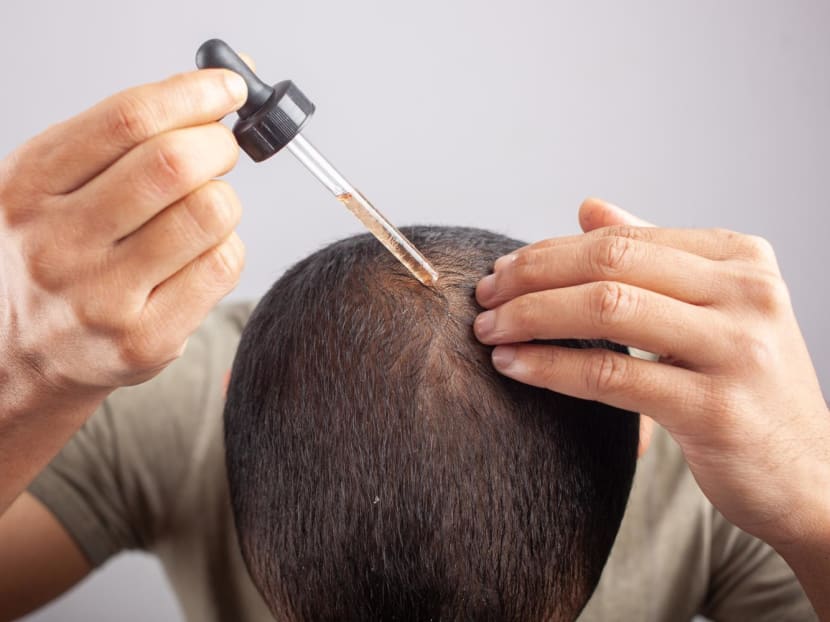
Minoxidil is an over-the-counter topical treatment for hair loss. It is approved by the Food and Drug Administration (FDA) and marketed as Rogaine and other generic brands. Both men and women can safely use it, reporting high satisfaction rates. Minoxidil stimulates hair growth, thickens hair, and reduces patchiness or widening hair partings. Available in 2% and 5% concentrations, studies suggest that 2% is effective for females with pattern baldness. Consistent use is crucial, as discontinuation may lead to hair loss within six months. Side effects are rare, with mild irritation being the most common. Increased hair loss may occur initially before the hair strengthens with continued use.
LIGHT THERAPY
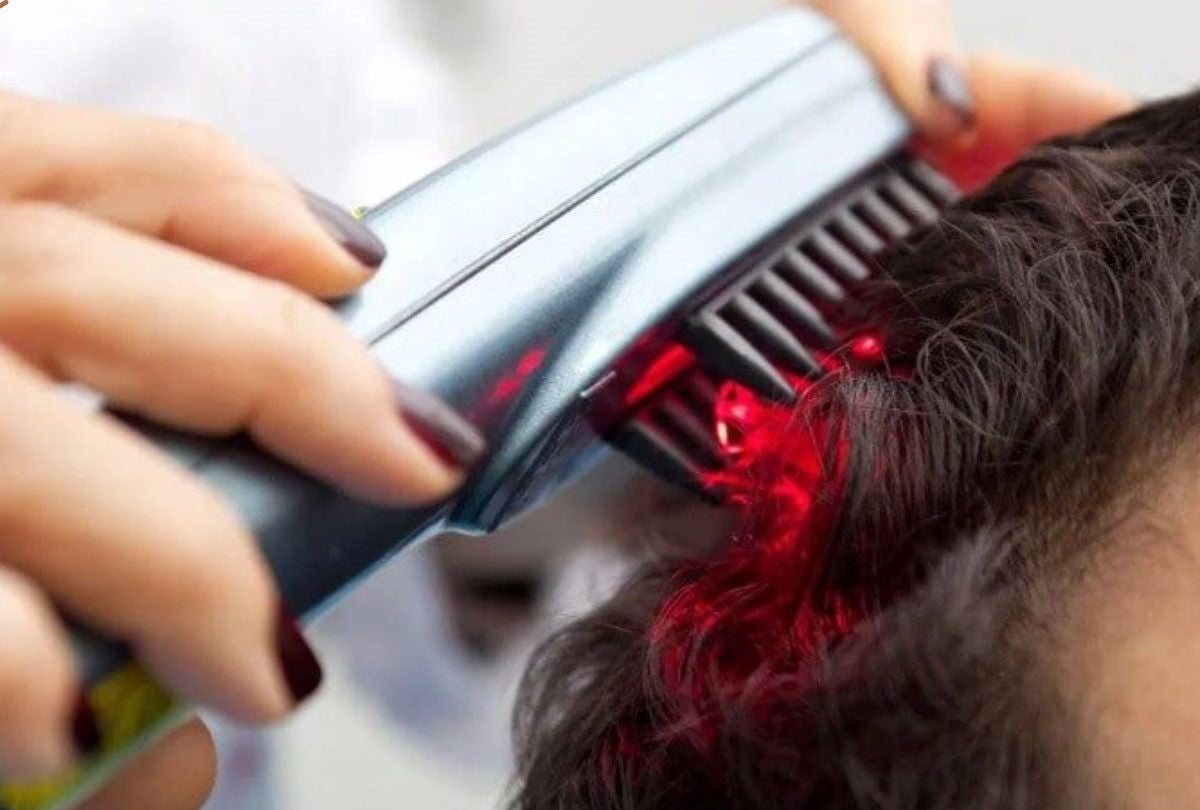
Low-level light therapy (LLLT) won’t cure hair loss on its own. When paired with other treatments like minoxidil, it can boost their powers and get you better results. Scientists zapped people with LLLT while they used minoxidil for their hair loss. They grew more hair and were happier with the results than others who didn’t get the light treatment. While LLLT may not be a solo act, it can definitely team up with your existing hair loss treatments and help you win the battle against thinning hair!
KETOCONAZOLE
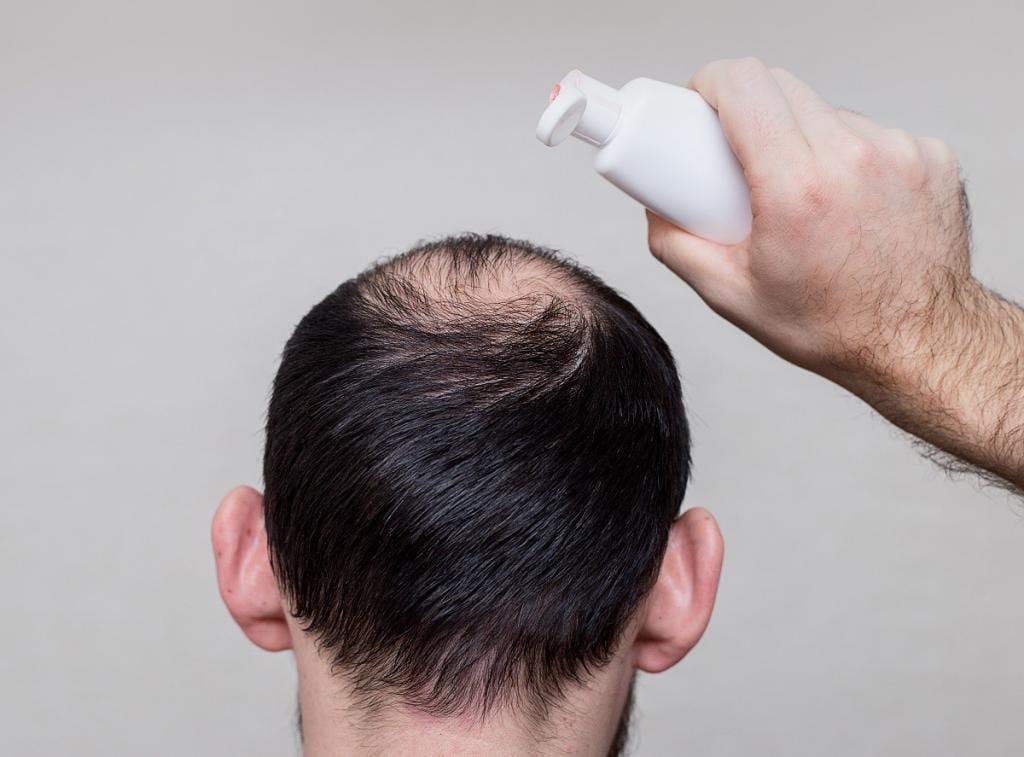
Hair loss can feel like a losing battle, but ketoconazole might be your new secret weapon! This drug is especially helpful for a type of hair loss called androgenetic alopecia, where redness and irritation around the hair follicles play a role. Studies like one in the International Journal of Women’s Dermatology show that ketoconazole shampoo can calm down this inflammation, making your hair stronger and healthier-looking. The good news is you can find a low dose of ketoconazole in over-the-counter shampoos like Nizoral. For stronger doses, just chat with your doctor – they can give you a prescription to really tackle that inflammation and boost your hair game!
CORTICOSTEROIDS
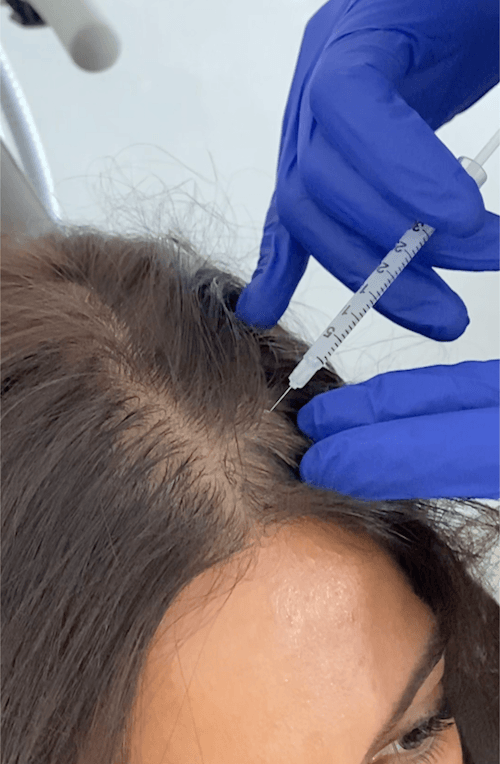
Struggling with those frustrating bald patches? Corticosteroids might be your answer! These superheroes, available as injections or creams, can help hair grow back in certain types of hair loss, especially alopecia areata. Think of it like giving your hair follicles a shot of confidence. The National Alopecia Areata Foundation says direct injections of corticosteroids can wake up those sleepy follicles and get them growing again. Plus, topical creams and lotions can join the fight, calming things down and preventing more patches from popping up. Remember, these are powerful tools, so it’s important to team up with your doctor to figure out the best plan for your hair.
PLATELET-RICH PLASMA
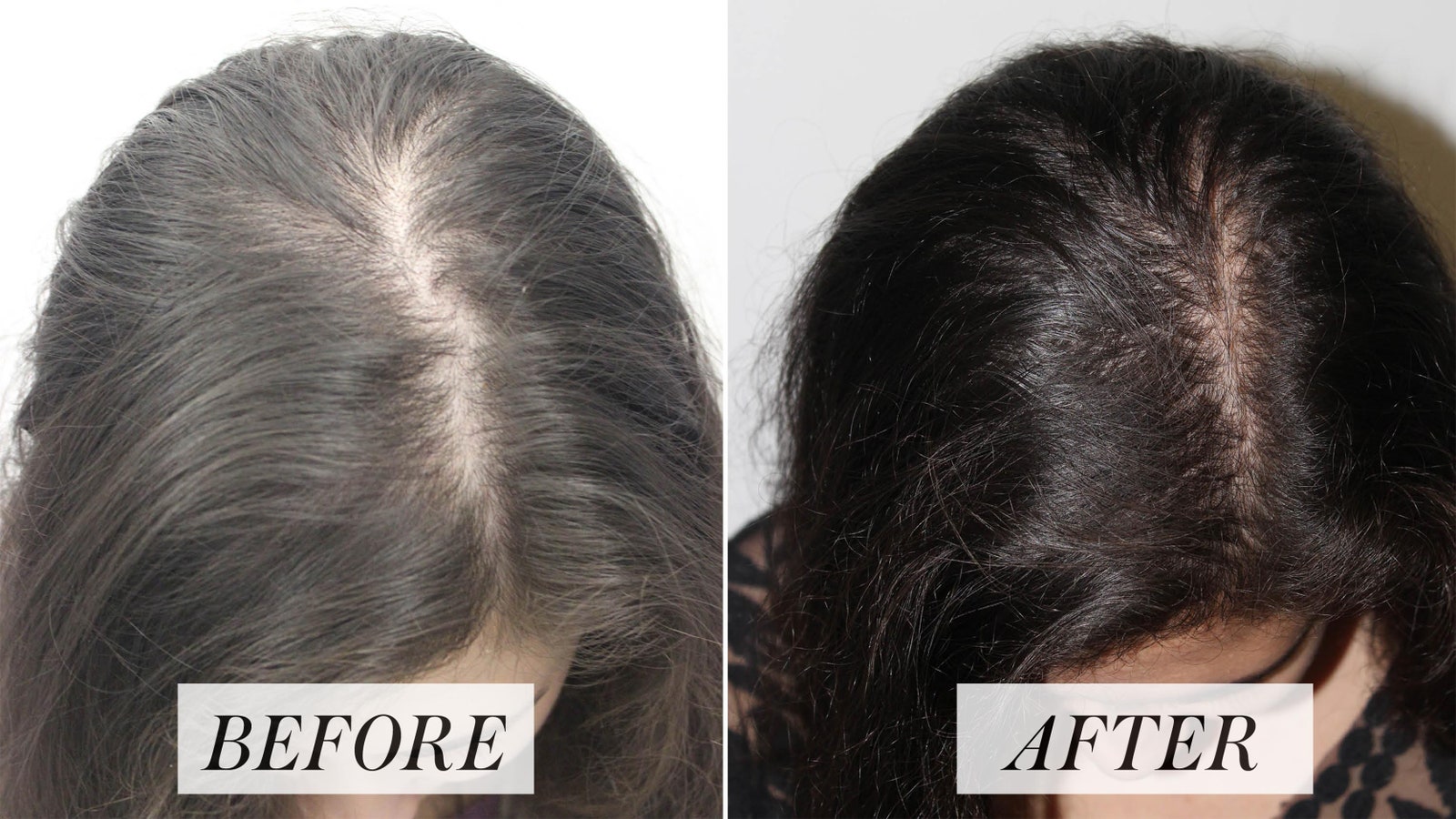
This treatment called PRP (platelet-rich plasma) injections sounds fancy, but it’s basically supercharging your own blood to help your hair grow back. They take some of your blood, spin it like a merry-go-round to separate the good stuff (platelets!), and then inject it back into your scalp. These special platelets are like tiny repair crews, stimulating your hair follicles and telling them to get growing again. One review even saw reduced hair loss, thicker hair, and even fuller strands after PRP therapy. But hey, science likes to be picky, so more research is needed to say it’s a guaranteed cure-all (especially for a type of hair loss called androgenetic alopecia). PRP injections hold potential as a hair loss fighter, but team up with your doctor to see if it’s right for you. Think of it as giving your hair a VIP spa treatment with its own supercharged blood serum!
HORMONE THERAPY
In addressing hair loss related to hormonal imbalances during menopause, healthcare professionals may recommend hormone therapy, utilizing options like birth control pills or hormone replacement therapy with estrogen or progesterone. In cases of excess androgens causing hair loss, especially in individuals with polycystic ovary syndrome (PCOS), antiandrogen medications like spironolactone may be suggested. Antiandrogens inhibit androgens, preventing further hair loss, but potential side effects underscore the importance of consulting with a doctor to discuss expectations and suitability.
HAIR TRANSPLANT
Hair transplantation is a viable option for individuals who don’t respond to other treatments. This surgical procedure involves harvesting healthy hair sections from the scalp and transplanting them to bald or thinning areas, resulting in natural and long-lasting hair growth. Despite its effectiveness, it’s crucial to acknowledge that hair transplantation is relatively expensive compared to alternative treatments. Suitability varies among individuals, emphasizing the importance of consulting with a healthcare professional to determine the best course of action based on individual circumstances and preferences.
USE HAIR LOSS SHAMPOOS
Clogged scalp pores can sometimes contribute to minor hair loss. To combat this, using medicated shampoos designed to exfoliate and unclog pores can be a helpful first step. These shampoos help maintain a healthy scalp environment, potentially reducing mild hair loss. Remember, choosing the right shampoo for your individual needs is crucial, and consulting a healthcare professional for personalized advice is key for optimal hair and scalp health.
SCALP MASSAGE
Massaging your scalp regularly has a two-fold advantage: it boosts blood circulation and helps get rid of dandruff. This not only keeps your scalp healthier but also supports the well-being of your hair follicles. By making scalp massages a consistent part of your routine, you actively contribute to the health of your scalp and the overall condition of your hair.
EAT A NUTRITIOUS DIET
Eating a nutritious diet is crucial for promoting healthy hair growth. A well-balanced diet with various vegetables and fruits provides essential nutrients for your skin and hair’s overall health. If you want to know more about promoting hair growth through diet and home remedies, explore additional resources. Also, keep in mind that iron levels are important for hair health. If women experience hair loss, they can ask their doctor for a blood test to check for iron deficiency. Depending on the results, the doctor might recommend incorporating iron-rich foods into the diet or taking iron supplements if necessary.
MICRONEEDLING
Microneedling for hair loss has shown promise, especially when combined with other treatments. The procedure, using fine needles to create micro-injuries, boosts collagen production and improves blood flow to the scalp, potentially stimulating hair follicles for new growth. While microneedling has benefits, consulting a healthcare professional is crucial to determine the best treatment plan. Common after-effects like bruising, redness, oozing, swelling, and pain are expected during the healing process.
PRESCRIPTION SPIRONOLACTONE PILLS
Spironolactone, often prescribed off-label for hair loss, is an oral pill that needs a prescription. While not FDA-approved for androgenic alopecia, it works by binding to androgen receptors and reducing testosterone processing. Noticeable effects may take 6 months to a year. Potential side effects include low blood pressure, allergic reactions, electrolyte imbalances, high potassium levels, breast enlargement, itching, drowsiness, diarrhea, nausea, vomiting, leg cramps, headache, dizziness, and irregular menstrual cycles.
TOPICAL TRETINOIN
Topical tretinoin (Retin-A) is sometimes used with minoxidil to treat androgenic alopecia. While there’s limited research on tretinoin’s regrowth effects alone, a 2007 study suggests it may be effective when combined with other medications. However, it’s not widely used for hair loss. Tretinoin use may lead to skin irritation, dryness, pain, peeling, and changes in skin pigmentation. It’s important to note that the FDA approves topical tretinoin for skincare, not specifically for treating hair loss.
TOPICAL ANTHRALIN
Anthralin topical cream (Dithralin), initially designed for psoriasis, is effective in treating mild alopecia areata. As a “scalp sensitizer,” it stimulates the immune system, encouraging hair growth. Applied once daily to targeted areas, new hair growth may appear within 2 to 3 months. Side effects may include irritant dermatitis and temporary brownish discoloration. Anthralin requires a prescription. Platelet-Rich Plasma (PRP) therapy involves drawing blood, separating growth factor-containing plasma, and injecting it into hair follicles for hair loss treatment.
WHAT TO ASK A DOCTOR
When inquiring about medications with a doctor, individuals may consider posing the following questions:
- What potential side effects are associated with the new medication?
- Will the new medication impact hair growth in any way?
- Are there alternative medications available that do not lead to hair loss?
- Could there be other underlying causes for the observed hair loss?
Additionally, the doctor might provide insights into whether natural hair regrowth is expected or if specific treatments for hair loss are recommended.
CONCLUSION
This article provides various treatments for women’s hair loss, so readers can explore and choose effective ways to promote hair growth and prevent hair loss. If there are multiple concerns, it’s advisable to consult a doctor for more personalized advice.
FAQS
- Can you reverse hair loss from medication?
Yes, it is possible to reverse hair loss that occurs due to medications. In most cases, hair growth will resume after ceasing the medication that is causing hair loss.
- How to prevent hair loss from drugs?
It may not always be possible to prevent hair loss from drugs. A person may wish to discuss if other other medication options are available with their doctor.
- How long does drug-induced hair loss last?
The duration of drug-induced hair loss can vary, depending on the drug and type of hair loss it causes. In most cases, hair should grow back within roughly 6 months after stopping treatment.
- Which women are likely to experience hair loss?
Women who are likely to experience hair loss include those with a family history of hair loss, hormonal changes (such as during pregnancy or menopause), certain medical conditions, medications or treatments with hair loss side effects, hairstyles and treatments that stress the hair, poor nutrition, advancing age, and high levels of stress.
- How common is hair loss in women?
Hair loss in women is a common condition, and it becomes more prevalent with age. It can affect women of all ages, and various factors, including genetics, hormones, and medical conditions, contribute to hair loss in women.




